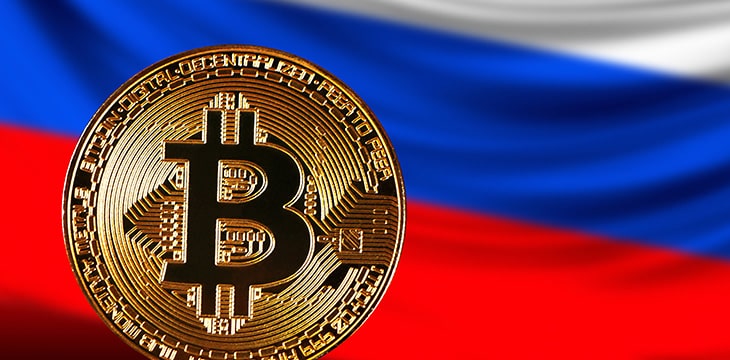Digital currencies will soon be regulated in Russia—one of the world’s largest economies—just weeks after a proposal was put forward for a blanket ban. New documents showed that the Russian government is planning to treat Bitcoin as a currency, dispelling fears of a total ban in the world’s third-biggest block reward mining hub.
A document published on the official government website this week revealed the new plan to regulate and not ban digital currencies. Most significantly, the new plan has the support of the Bank of Russia, just weeks after it called for a ban, claiming digital currencies pose a risk to the financial stability of the Russian economy.
As local outlets reveal, the government acknowledged the surge in the adoption of digital currencies in the country in its document. Russia now has over 12 million digital currency owners out of a population of 144 million, making it one of the world’s biggest Bitcoin hubs. Russians have invested about 2 trillion rubles ($26.6 billion) into digital currencies.
The country is also a block reward mining hub. According to data from Cambridge Centre for Alternative Finance, the country is third globally for mining activity after the global leader U.S. and second-placed Kazakhstan, which has managed to hold onto its spot despite Internet outages caused by deadly protests last month.
The proposed regulations will legalize purchasing digital currencies, but only through locally registered companies. This will ensure that all purchasers are fully verified to curb money laundering. The exchanges will also have to submit data on transactions to the government upon request.
Any Russian who transacts more than 600,000 rubles ($8,000) will have to declare it to the government or risk being charged criminally.
The proposal also addresses one of the most hostile relationships, that of banks and digital currency companies. Banks have treated the industry with contempt across the globe, with an endless number of VASPs being denied basic financial services.
Russia will allow banks to act as intermediaries between Bitcoin users and the trading platforms they use. However, they must be vigilant and employ stringent measures to ensure that customer information is verified and that there are no signs of illicit payments.
As CoinGeek recently reported, the Bank of Russia had proposed banning Bitcoin trading and mining, tying the digital currency to speculative bubble-like investments, and saying its anonymity makes it a criminals’ haven.
The proposal caused an uproar from within the government and beyond, with the Ministry of Finance being among the most outspoken critics of the proposed ban.
Watch: CoinGeek New York panel, Future of Digital Asset Trading & Financial Services
Source: Read Full Article
